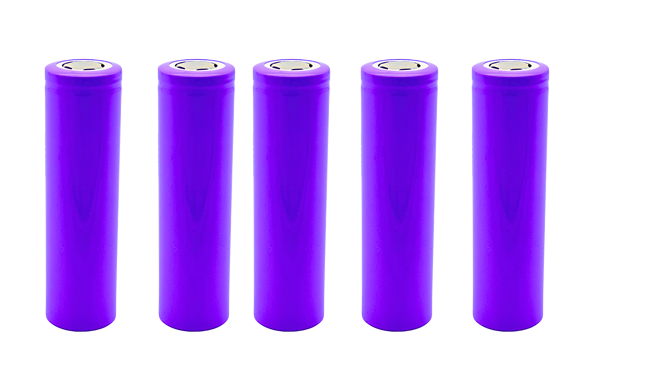What to pay attention to when charging a lithium battery for the first time, and how long does it take to charge a lithium battery for the first time.

What should be paid attention to when charging a lithium battery for the first time and how long does it take to charge?
Different classifications of lithium-ion and lithium polymer batteries:
1. Lithium battery appearance: square lithium battery (such as commonly used mobile phone batteries) and pillar (such as
18650);
2. Lithium battery outsourcing materials: aluminum shell lithium battery, steel shell lithium battery, soft pack battery;
3. Lithium batteries consist of positive and negative electrode materials (additives): lithium niobate (LiCoO2) batteries or lithium manganese oxide (LiMn2O4) batteries, lithium iron phosphate batteries, and disposable lithium manganese dioxide batteries; Another point: Lithium ion LIB, polymer PLB
4. Different functional uses:
Disposable lithium manganese battery button type 3-volt battery
High capacity (high platform) - used for mobile digital products
High magnification; - Used for electric vehicles, power tools, and airplane models
High temperature; - Mining lamp, indoor lighting, built-in backup power supply;
Low temperature; - Outdoor environment, North (Winter) Antarctica;
How long does it take to charge a lithium battery for the first time? How long does it take to charge a mobile phone lithium battery for the first time
The phone or laptop you just purchased will have power. When the battery is depleted, it needs to be recharged from the beginning. How to charge and how long to use it are the issues we are about to consider. There are many ways to charge lithium batteries for mobile phones for the first time. Which one is correct? Let's share the correct charging method below.
There are many theories about the "activation" issue of mobile phone batteries: the first three charging times must exceed 12 hours to activate the battery. This statement was misled by previous nickel hydrogen batteries. The phone has been activated and aged before leaving the factory. Users do not need to activate it or charge it for 12 hours during the usage process. Charging according to the charging method described in the phone manual is the most standard.
In addition, lithium battery phones or chargers will automatically stop charging when the battery is full, while nickel battery chargers do not have the so-called "turbulent" charging for 10 hours. In other words, if your lithium battery is full, it will be the white charger on the charger. And we cannot guarantee that the characteristics of the battery charging and discharging maintenance circuit will never change, and the quality is also guaranteed, so your battery will be on the brink of danger for a long time. Generally speaking, when purchasing a mobile phone, there will be some battery life. As lithium batteries have a certain amount of battery life when they leave the factory, they can be used immediately without the need for charging before use. From both theoretical and practical perspectives, the initial charging effect of lithium batteries is exactly the same as "charging after use" or "recharging after use". There is a restriction here. Due to the low battery level, it is best to leave the factory after six months. Some lithium batteries have the first three lithium batteries, and mobile phone lithium batteries can activate the battery. In fact, these activations do not need to be intentionally completed. After the first three charges and discharges, the lithium battery of the mobile phone and the lithium battery have basically recovered to their best condition.
When charging a
lithium battery for the first time, after the battery is fully charged, separate the lithium battery from the charger. Lithium batteries will automatically stop charging after being filled (temporarily), as they have the function of avoiding PMC maintenance and do not have "continuous" long-term trickle charging, which is the difference between lithium batteries and nickel hydrogen batteries. Therefore, we need to pay attention when charging.
